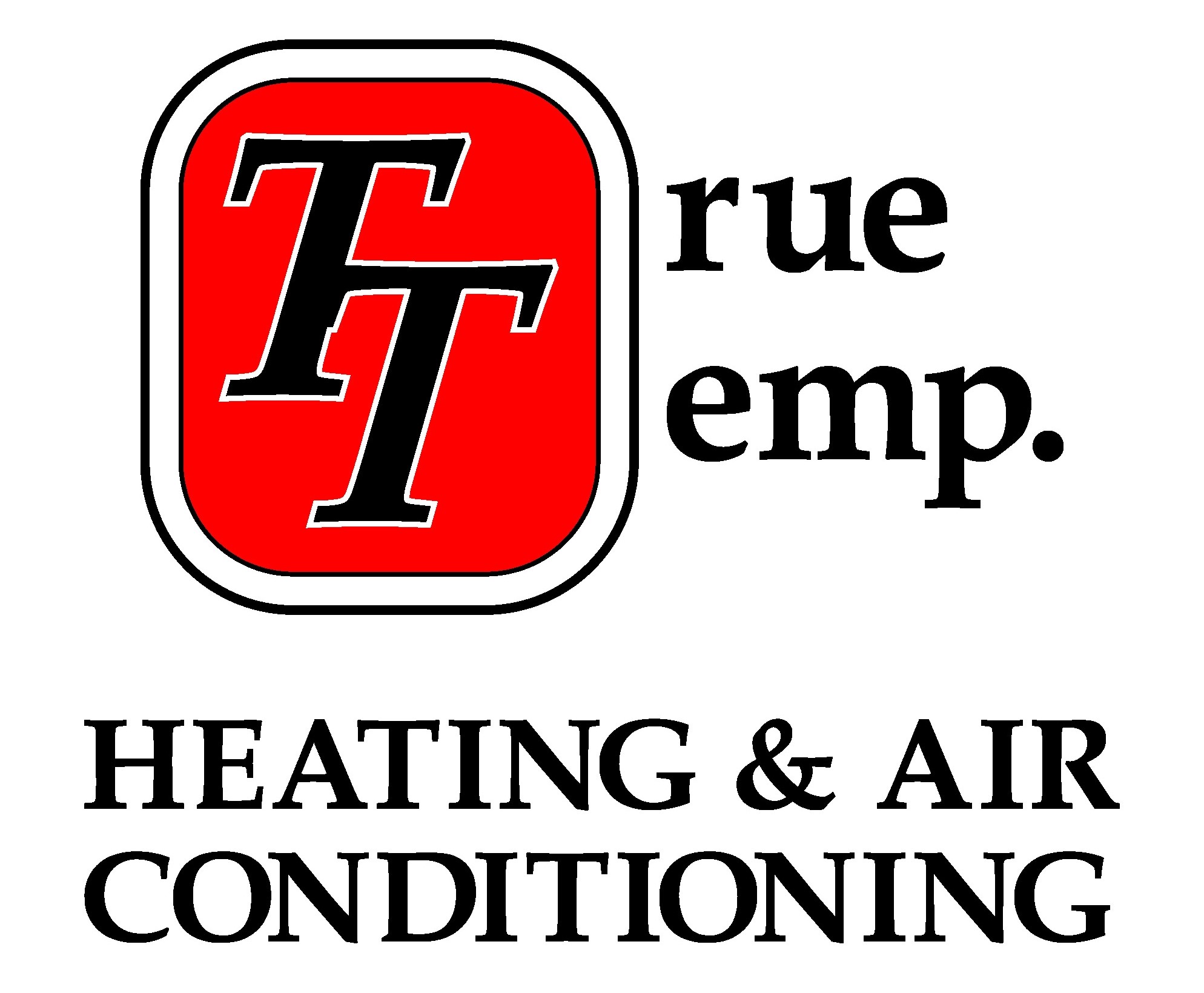Purchasing your first home is thrilling. You’re probably trying to keep track of numerous details about making the right choice. We believe that understanding your potential new HVAC system is vital. The property’s HVAC system represents a significant investment and potential source of long-term costs, illustrating why a detailed inspection is important for first-time homebuyers.
In the following guide, we’ll share seven tips for learning everything you can about a home’s heating and cooling system. And if you want a more in-depth opinion from the pros, feel free to call True Temp Heating & Air Conditioning. Our experienced team can weigh in on your options with industry insights that are second to none.
1. What Type of HVAC System Is It?
Start by clarifying what kind of HVAC system the home features. Furnaces tend to last longer compared to air conditioners, and newer types of HVAC products like heat pumps boast average life spans that are impressively long. Knowing the make and specific model provides a clear idea of how much it might cost in upkeep over time.
2. How Old Is the Current HVAC System?
Another good idea is to find out how old the HVAC system is when you’re looking at a potential new home. On average, HVAC systems should survive for around 10-12 years. Knowing when it was installed helps you anticipate future maintenance needs or considerations if it might eventually stop working. Older systems are more prone to problems, so budgeting for a replacement unit might be needed faster than expected.
3. Is the Warranty Still in Effect?
Check if the HVAC system is covered by a warranty. If it is, that’s great news because it can assist with maintenance expenses. HVAC warranties typically include parts and labor, but it’s important to note that details will vary. Review any terms that seem confusing to ensure you understand your coverage and any possible out-of-pocket costs.
4. Does the System Have a Documented Maintenance History?
Take a close look at the maintenance history of the HVAC system, if this kind of history is available. This kind of information can demonstrate if the repair needs are high or how often a tune-up was scheduled. Inquire about key tasks like filter changes, which means it enjoyed more regularly scheduled tune-ups.
5. What Are the Energy Efficiency Ratings?
Selecting a system with high energy efficiency isn’t just smart; it leads to more manageable utility bills and a smaller environmental impact. Locate the seasonal energy efficiency ratio (SEER) ratings for air conditioning along with the annual fuel utilization efficiency (AFUE) for furnaces. The higher the SEER rating, the more efficient the cooling over the whole season, while high AFUE ratings illustrate that the fuel is more effectively burned for useable heat.
6. Did You See Any Problems During Your Inspection?
Even if you don’t have heating and cooling expertise, you can still take a moment to check out the HVAC system on your own. Watch closely for any concerning items that haven’t been mentioned by the seller. This includes strange noises, stubborn patches of the house that are too hot or cold and attempts to cover up any obvious damage.
7. Have You Asked Your Local HVAC Professional?
If you’re still hesitant to make an offer because of the condition of the HVAC system, it’s beneficial to get an assessment and recommendation from experienced HVAC professionals. They can spot things you might not, such as refrigerant leaks, bad electrical connections or flawed ductwork.
A Consultation with True Temp Heating & Air Conditioning Helps Take the Stress Out of Your Home-Buying Journey
Finding your first home should be thrilling, and True Temp Heating & Air Conditioning wants to ensure yours is too. Reach out with us at 706-695-7492. We can go over the details about how our HVAC services help make this process smoother, giving you what you need to make an offer with confidence.
